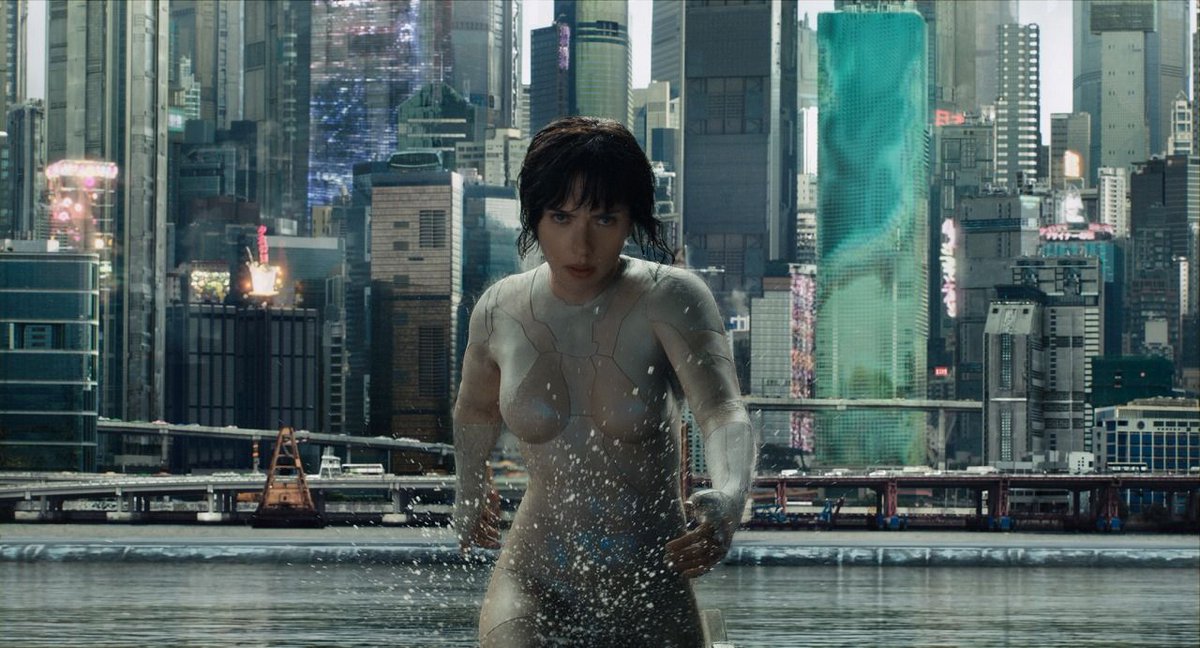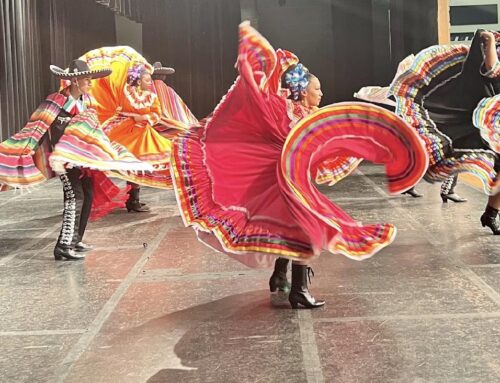 As emotionless and robotic as its lead character, the live-action remake of the 1995 cult classic cyberpunk anime Ghost in the Shell is a self-conscious imitation of its predecessor.
As emotionless and robotic as its lead character, the live-action remake of the 1995 cult classic cyberpunk anime Ghost in the Shell is a self-conscious imitation of its predecessor.
It takes a few liberties to differentiate from its source material, but the changes are arbitrary and add up to little more than a tiresome origin story and an altered subplot that dilutes the story’s half-hearted rumination on identity and consciousness.
The story is set in a future in which cybernetic enhancement is the norm, with most humans bearing implants and/or prosthetics of some sort, typically a data port on the back of the neck. Scarlett Johansson stars as Major Mira Killian, whose brain is placed in a fully synthetic body by Hanka Industries after suffering severe injury from an attack on a refugee boat. The first of her kind, she is intended as a weapon and immediately put to work in the counter-terrorism unit Section 9.
She begins suffering flashbacks and hallucinations during a case involving a shadowy hacker known as Kuzé (Michael Pitt), who has a score to settle with Hanka and challenges the Major’s assumptions about her past, present, and future.
Whereas the original Ghost in the Shell was far enough ahead of its time in terms of probing the concepts of transhumanism and emerging A.I. that it couldn’t always grasp the implications, the remake is so behind the times that it misses the point entirely. The future is now and the post-self age is brewing, yet this Ghost in the Shell is content to be Jason Bourne Goes Cyberpunk and find nifty ways to imitate the look and feel of the original. It ponders few questions, and gives fewer answers.
In the end, Ghost in the Shell‘s reason for being boils down to that of an excuse to lift the best set pieces and design elements from the original and film them as live action drenched in digital effects. They have little context by that point, and are unlikely to resonate with newcomers.
The cast largely handles themselves well, though so little detail is given to the supporting characters that they are largely cut-and-paste entities. Johansson proves to be capable of carrying the whole thing herself, though the Major isn’t allowed to expand emotionally until late in the game. Much has been made about her being cast in a role largely seen as Asian; the irony is that when the details of her past are revealed, it puts a hug spin on the aspects of social erasure and cultural appropriation. At that point, the movie becomes more relevant than intended; too bad that it’s too oblivious to do anything about.





